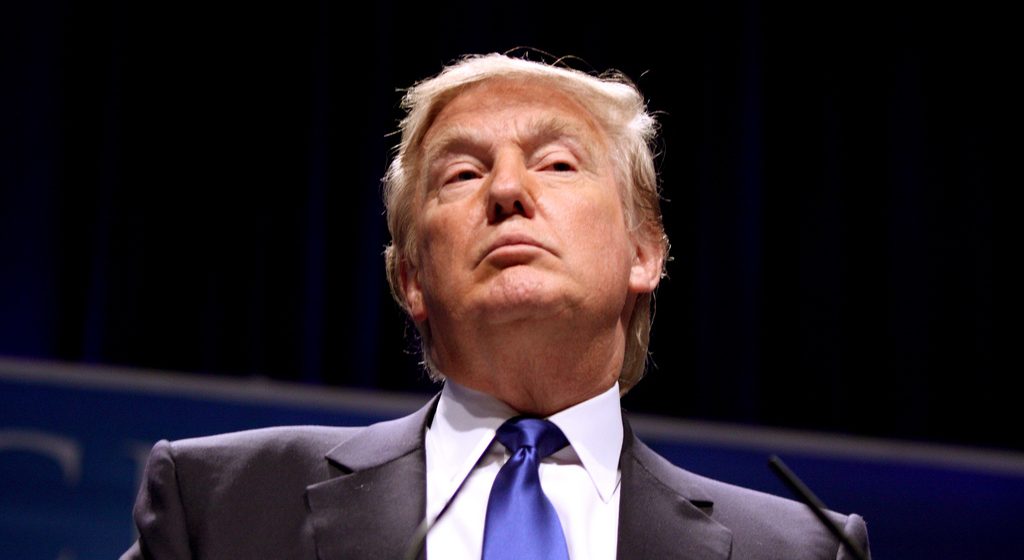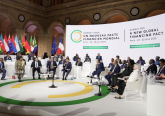Much has been said about the global environmental, economic and leadership consequences of United States President Donald Trump’s decision to withdraw from the Paris climate agreement but there is also a national security dimension. Trump’s decision ignores an important development in global security centred on climate change. The US had been in a prime position to link climate to international security which, rightly or wrongly, could be leveraged for foreign policy in pursuit of climate security.
The US has been a leader in climate security, an approach rivalling climate justice reasoning in climate politics. For much of the history of international climate politics, there has been a dominant discourse of climate justice. Early environmental conferences focused on planetary justice and environmental degradation. Then human development became more prominent with the emergence of ideas about intergenerational equity and sustainable development. Within the US there developed an alternative discourse emphasising climate security. The climate security approach appeals to military concerns about instability caused by climate events and frames climate change as a ‘threat multiplier’.
Whilst the idea of climate security is not unique to the US, it has been associated with American climate politics. The Pentagon treats climate change as a national security issue and there are many retired high-ranking senior military officers on the Advisory Board of the Center for Climate & Security. In recent years, connections between climate and security were bolstered when President Barack Obama and former Secretary of State John Kerry spoke on the potential for conflict over climate-related resource scarcity and mass migration. Senior members of the current administration are also said to have been concerned with climate security. Against this background, Trump’s approach to climate politics looks like a shot in the foot to the Pentagon.
Over the past decade, climate security has become internationally prominent and recognised by the United Nations Security Council. The European Union links climate to other strategic issues in its renewed Global Strategy for Foreign and Security Policy and the Planetary Security Initiative is in its third year of forging a ‘Community of Practice’ of think tanks connecting climate and security. The US was poised to benefit from an emerging international coalition of actors emphasising climate security.
These remarks are not intended as an endorsement of climate security approaches which are potentially problematic. With the securitisation of climate comes a risk of shifting attention from sustainable development to sustainable security and from concerns with human security to state conflict. The normalisation of climate security issues may open windows of opportunity for new kinds of emergency interventions, most likely by the Global North in regions of the Global South. Such interventions may be justified as missions for curbing climate-related conflicts and terrorism.
That said, it would be pragmatic for the US to retain a position that enables it to act in the national interest. Trump’s decision to withdraw from international climate agreements, and his seeming climate change denial, may restrict the US from legitimately using climate security rationales for informing grand strategy and foreign policy.
This post originally appeared on The Interpreter, a blog hosted by the Lowy Institute for International Policy.






